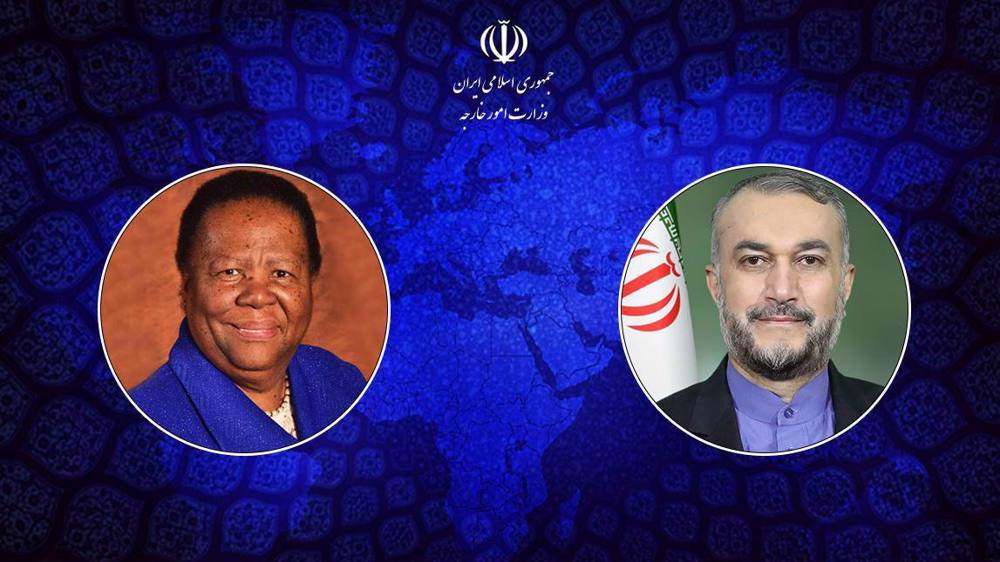Iran: Europe should not tie financial mechanism to FATF
Iran says European countries should not link a payment mechanism they have announced to safeguard trade with the Islamic Republic to the country’s joining the Financial Action Task Force (FATF), which has incurred domestic opposition.
“Principally, they were not and are not supposed to establish a relation between the mechanism and other issues, such as the FATF,” Foreign Ministry Spokesman Bahram Qassemi told Fars News Agency on Monday.
“[Establishment of] the mechanism has been among their inherent responsibilities towards saving the nuclear deal,” he said, adding, “If there is a party, which should lay conditions, it is Iran, which should stipulate its terms.”
The UK, France, and Germany, three of the European signatories to the 2015 nuclear agreement, issued a joint statement on January 31, announcing the launch of the long-awaited direct non-dollar payment mechanism meant to protect their trade ties with the country in the face of the United States sanctions.
The US left the agreement, officially known as the Joint Comprehensive Plan of Action (JCPOA), last May, defying the fact that it had been ratified in the form of a United Nations Security Council resolution. Washington afterwards returned the sanctions that it had lifted under the accord.
The European signatories, though, issued a statement afterwards, reasserting their commitment to the JCPOA.
The European side has asked Iran to join the FATF before the financial mechanism, officially called the Instrument in Support of Trade Exchanges (INSTEX), takes force.
On October 7 last year, Iran's Parliament approved four bills put forward by the government to meet standards set by the FATF. The Guardian Council of the Constitution, which was supposed to decide whether those will become laws, however, dismissed one controversial bill on combating “terror financing.”
The oversight body said it had found "flaws and ambiguities" in the draft legislation.
Iraq no observation post for Trump
Separately, Qassemi reacted to earlier remarks by US President Donald Trump, who had said he planned to keep troops in Iraq to spy on Iran.
“Iraq is no place for Trump and the US forces to conduct surveillance against Iran,” the spokesman said.
The Iraqi government and people, he added, would not let the US turn the country’s soil into a base it can use against the Islamic Republic.
“Basically, they should not have come to Iraq in the first place. Their continued stay in this independent country is likewise a strategic mistake and illegitimate. Trump’s remarks and his attempt at justifying the prolonged presence are utterly unacceptable,” Qassemi concluded.
The reaction came after Trump told CBS that US troops would leave Syria and Afghanistan but stay on in Iraq, partly "to be looking a little bit at Iran."
The Iranian official, meanwhile, said the US president’s comments “cannot be counted on. His words are usually of a type that should not be taken very seriously, whether they have to do with departure from Syria, [military] presence elsewhere in the world, or the domestic policies that he adopts.”
‘Hamas serious about reaching agreement, will not yield to U.S. pressure’
Haniyeh: Justice demands arrest of Netanyahu, his terrorist cabinet
VIDEO | Israeli war crimes in Gaza
Syrian president, Bahrain FM discuss expansion of bilateral relations
Sudan demands UNSC emergency meeting on UAE ‘aggression’
VIDEO | Press TV's news headlines
17,000 children left unaccompanied in Gaza amid Israel’s war: UN agency
Iraq’s lawmakers call for expulsion of US ambassador















 This makes it easy to access the Press TV website
This makes it easy to access the Press TV website